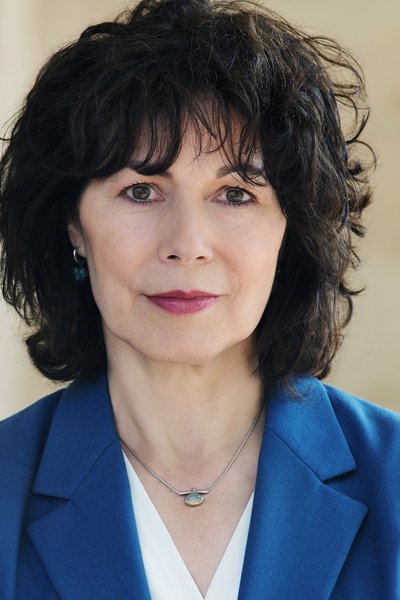was born in 1967 in Istanbul. She began studying computer science and physics at Bosphorus University in 1983, then worked at the Faculty of Physics at the same university and also at CERN in Geneva. She wrote her first novella in 1990, while her first novel, Mucizevi Mandarin (Miraculous Mandarin), was published in 1996. She then focused on her work as an author. Her breakthrough as a writer came in 1998 with her third book, Kırmızı Pelerinli Kent (The City in a Crimson Cloak). From 1998 until 2001, she wrote columns for the left-liberal Turkish daily Radikal and reported on conditions in Turkish prisons, on violence against women and on state repression against Kurds. In addition, she worked on the PEN Writers in Prison Committee. In 2010, her novel Taş Bina ve Diğerleri (The Stone Building and Other Places) earned her the Sait Faik Award, Turkey’s most important literary prize. In the more recent years, scholarships took her to cities such as Zurich and Graz, and later she worked for the Turkish-Kurdish newspaper Özgür Gündem.
On 16 August 2016 Asli Erdoğan was detained during a series of arrests at Özgür Gündem after prosecutors ordered the newspaper’s closure. Erdoğan has been charged with “propaganda for an illegal organisation”, “membership of an illegal organisation” and “incitement”. Her articles and columns have been used as evidence. In November 2016, the public prosecutor demanded lifelong imprisonment for the author, and the trial began on 29 December 2016. On the first day of the trial, the judge ordered her release from custody for health reasons. The trial continued and she was banned from leaving the country, although this ban was lifted for the time being in June 2017. In September of the same year, Erdoğan left Turkey. Since then, she lives in exile in Germany. The process against the author went on. In February 2020, the 23th Jury Court in Istanbul aquitted her of the alleged membership in a terroristic organisation and of anti-state activities. The allegation of "spreading propaganda of a terroristic organisation" was dropped, because it was lapsed due to Turkish press law. In October 2021, a court of appeal decided that the judges in Istanbul have to clearify, if Erdoğan could still be charged for her newspaper articles. On 10 February, 2022, a Turkish court finally acquitted Erdoğan of the charge of "terrorist propaganda".
Asli Erdoğan has received numerous awards for her commitment, including the "Prix Simone de Beauvoir pour la liberté des femmes" in 2018 and the "The Vaclav Havel Library Foundation’s Disturbing the Peace Award" in 2019.





































































